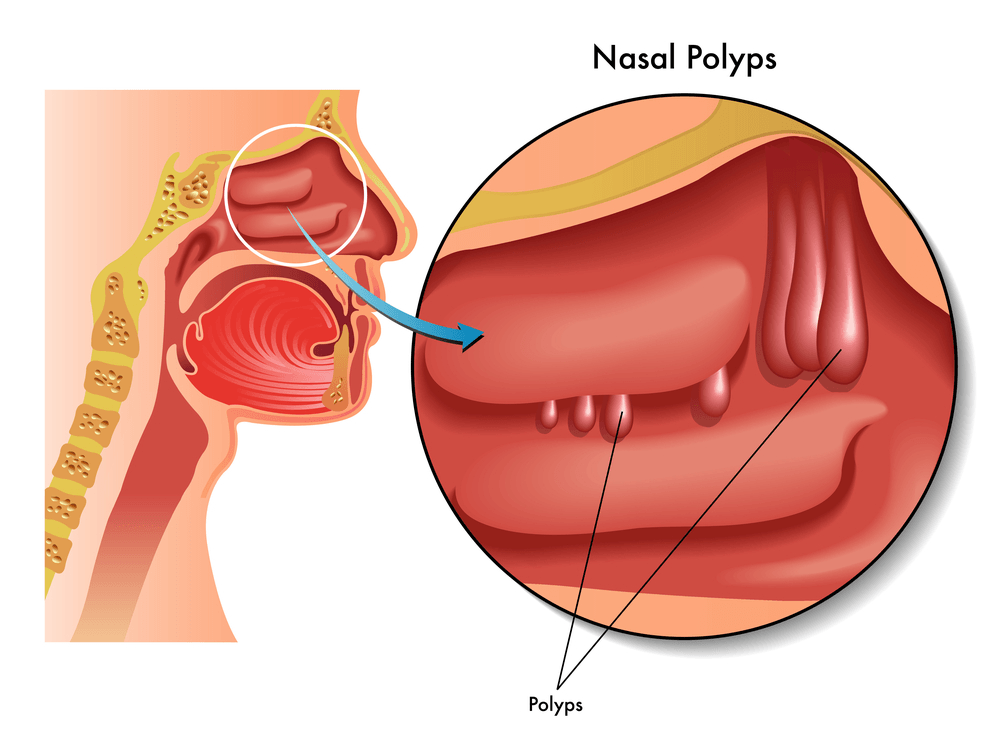How does chronic sinusitis affect a person?
Are you constantly dealing with sinus congestion, post-nasal drip, and swollen sinuses? If so, you may be living with chronic sinusitis. This condition can have a significant impact on your quality of life—but what exactly are the effects? In this blog post, we’ll explore how chronic sinusitis affects a person and provide helpful tips for managing symptoms.
What is chronic sinusitis?
Chronic sinusitis is a long-lasting inflammation and infection of the sinuses that can linger over a period of time, typically longer than acute sinusitis. With chronic sinusitis, the tissues inside your sinuses become inflamed and blocked for a long period of time due to swelling and mucus buildup. This can impact your breathing as it becomes harder for air to travel past because of the swelling of your nasal and sinus passages. Symptoms of chronic sinusitis may include nasal congestion, pain and pressure in the sinuses, wheezing, chest tightness, and cough. It is important to note that while living with untreated chronic sinusitis can be unpleasant with persistent symptoms, serious complications are uncommon.
What are the symptoms of chronic sinusitis?
Chronic sinusitis is a condition characterized by inflammation of the nasal passages and sinuses. Common symptoms include nasal discharge (thick yellow or green discharge from nose), toothache, ear pain and/or headache, cough, tiredness and ear pain. Other symptoms may include congestion or “fullness” in the face, headaches due to pressure and swelling in the sinuses, fatigue and malaise, a runny nose, mucus buildup, clogged nose and discharge, pain in the facial area, soreness in the throat, coughing and fever. If left untreated, chronic sinusitis can cause more indolent symptoms that persist for months. These can include pain and pressure above the eyes, along the sides of the nose, and behind the cheeks.
How can chronic sinusitis affect sleep?
Chronic sinusitis can have a major effect on sleep quality and quantity. Studies investigating sleep and sleep quality in CRS have shown that 60-75% of individuals with CRS complain of poor sleep. Sinus and nasal problems often contribute to snoring, which can lead to sleep apnea. The symptoms of sinusitis make it more difficult to breathe while sleeping, which can further narrow the airway. Many people with sinus conditions, including sinusitis or allergies, have difficulty sleeping well throughout the night due to the inflammation of their nasal passages. Poor sleep and a feeling of fatigue during the day are frequent complaints of patients who have sinusitis, as untreated chronic sinusitis can lead to long-term health issues. Therefore, it is important for those suffering from chronic sinusitis to seek treatment in order to get restful and restorative sleep.
How does chronic sinusitis affect productivity
Chronic rhinosinusitis can have a significant impact on a person's productivity. Studies have found that lost productivity related to CRS costs society in excess of $13 billion a year in the United States alone. The signs and symptoms of CRS, such as fatigue, pain, poor concentration, and depression, can all contribute to reduced productivity. Research has also indicated that these symptoms may affect work performance and reduce overall life quality. Additionally, chronic sinus inflammation has been linked to altered brain activity, which could further contribute to a decrease in productivity. For those affected by CRS, it is important to seek medical attention to help manage their symptoms and reduce the impact of the condition on their work and overall life quality.
What is the impact of an inability to smell from chronic sinusitis
Anosmia, or a loss of smell, is one of the effects of chronic sinusitis, and can be partial or total for many people. This effect is caused by inflammation, which interferes with the ability of your sinuses to drain, causing a decrease in the sense of smell. Other common symptoms include a stuffy nose, facial pain and pressure, headaches, fatigue, and difficulty sleeping. An inability to smell can also affect productivity levels as it can be difficult to concentrate or focus on tasks. Furthermore, if left untreated, chronic sinusitis can lead to further infections and a worsening of symptoms. It is important to seek medical attention when experiencing these symptoms in order to prevent further complications.
Can untreated chronic sinusitis lead to other infections?
Untreated chronic sinusitis can lead to other infections and complications. In rare cases, it can spread to the eyes, blood, or brain, and may even cause death in extreme cases. It can also lead to meningitis, a brain abscess, or an infection in the bones of the face. Chronic sinusitis can also cause a person difficulty in breathing, which can prevent them from being active or getting enough oxygen into their body. This can have a significant impact on productivity and sleep. As such, it is important for people with chronic sinusitis to seek medical help as soon as possible in order to prevent any further issues.
Conclusion
In conclusion, chronic sinusitis is a common and long-lasting sinus inflammation and infection that can have significant impacts on a person's life. Symptoms such as nasal congestion, postnasal drainage, and an inability to smell can have an effect on sleep and productivity. Untreated chronic sinusitis can lead to other infections, resulting in more prolonged symptoms. It is important to seek medical attention if symptoms persist for longer than four weeks or if the infection recurs four or more times in a one-year period. With proper medical treatment, chronic sinusitis can be managed in order to improve quality of life.
Thomas S. Higgins, MD, MSPH
Father. Husband. Sinusitis Nerd.















